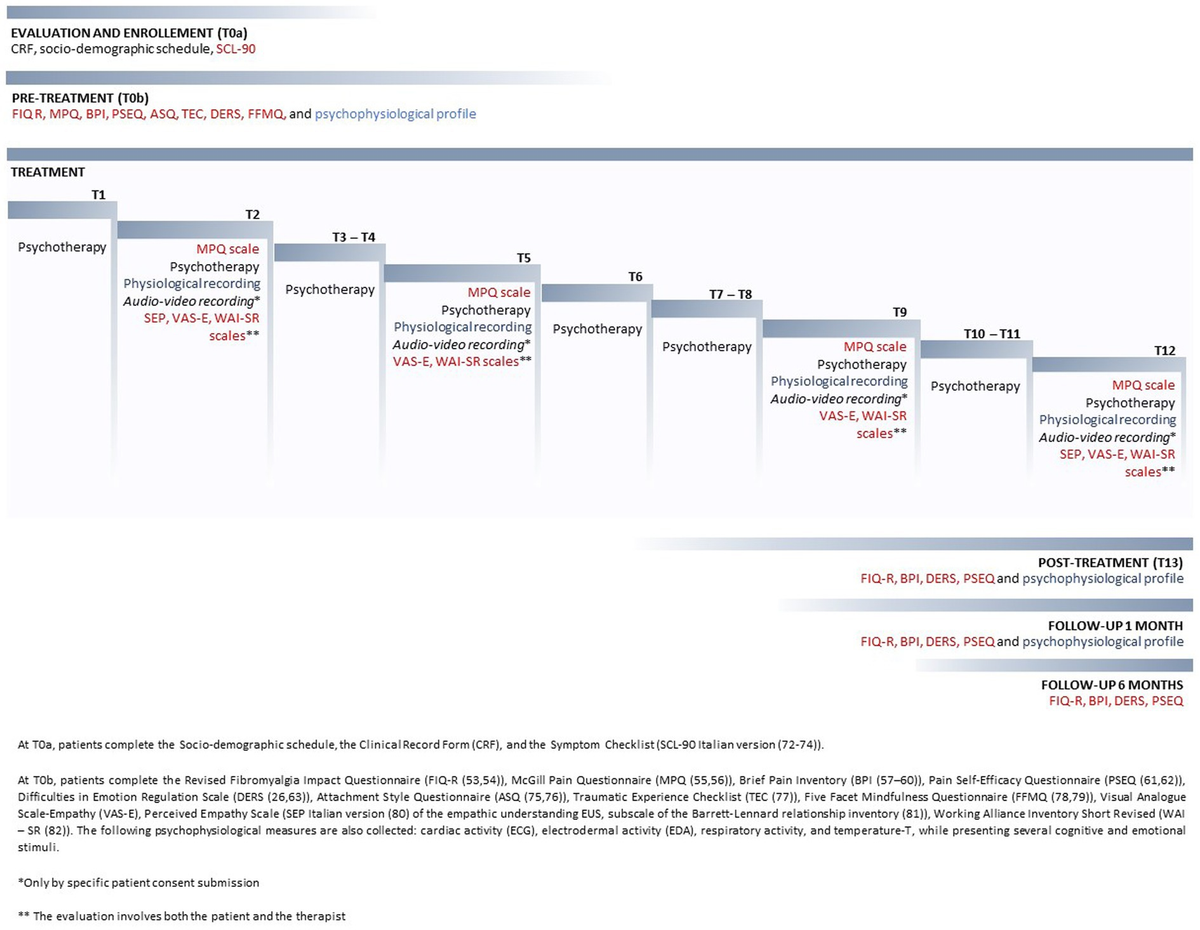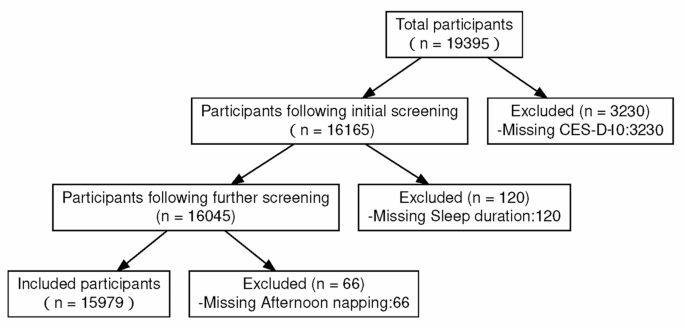
On Oct. 1, University of Connecticut Health Center professors Lakshmi Nair and Yusuf Khan were awarded first place at the Wolff New Venture Competition for their work on Soleia Biosciences, a medical startup seeking to provide a non-addictive alternative to opioids for pain management.
Hosted annually by the UConn Business School’s Connecticut Center for Entrepreneurship and Innovation, the venture competition was started in 2016 with the goal of aiding startup groups from UConn. This year’s competition featured five finalist teams, with Soleia being selected to receive the event’s grand prize, a $30,000 grant.

“Our mission is to restore quality of life to people experiencing physical pain through innovative, safe, and non-addictive technological solutions,” reads Soleia’s website. “A core principle of Soleia is attention to quality of life. This principle permeates the motivation behind the research, the work environment we strive to build and maintain, and the underlying motivation that guides our efforts.”
With over 30 years of combined experience in the field of orthopedic medicine, Nair and Khan founded Soleia with the purpose of circumventing the harmful side-effects and addictive properties of opioids through the administration of advanced local anesthetics.
Through targeted injections, the local anesthesia works over a long duration and helps patients to improve their mobility and quality of life without the risk of opioid dependence.
In an interview with UConn Today, Khan said, “opioids are among the most popular prescriptions, and most feared. We’ve spoken with doctors, patients, and pharmacists during our customer discovery research, and they universally agree there needs to be a better strategy.”
The national average for opioid prescriptions was 37.5 per 100 persons in 2023, according to the CDC. The symptoms of opioid use include brain fog, insomnia and a high likelihood of addiction.
“Physical dependence and addiction to opioids may occur in as little as a few days,” states one resource from the Department of Labor. “As many as one in four people receiving prescription opioids long term in a primary care setting struggles with opioid addiction.”
Heightening the fatal risk factor of opioid dependence is the widespread proliferation of synthetic opioids like fentanyl and other analogs. The rise of these deadlier substances marks the third wave of the opioid epidemic, which began around 2013, according to the Federal Communications Commission. Included with prescription opioids, these substances accounted for 1,200 overdose deaths in the state of Connecticut alone in 2023.
With funding from the Wolff Innovation grant, Khan and Nair hope to stimulate the growth of their endeavors for the benefit of patients, and now plan to begin the process of application for approval from the Food and Drug Administration. As research into specific doses and methods of administration continues, Soleia dreams of medical solutions free from the pitfalls of opioid prescriptions.
“We are looking for individuals with a similar ethos to collaborate with so we can fulfill our goal of providing a better quality of life for patients in pain,” according to Soleia’s website.












